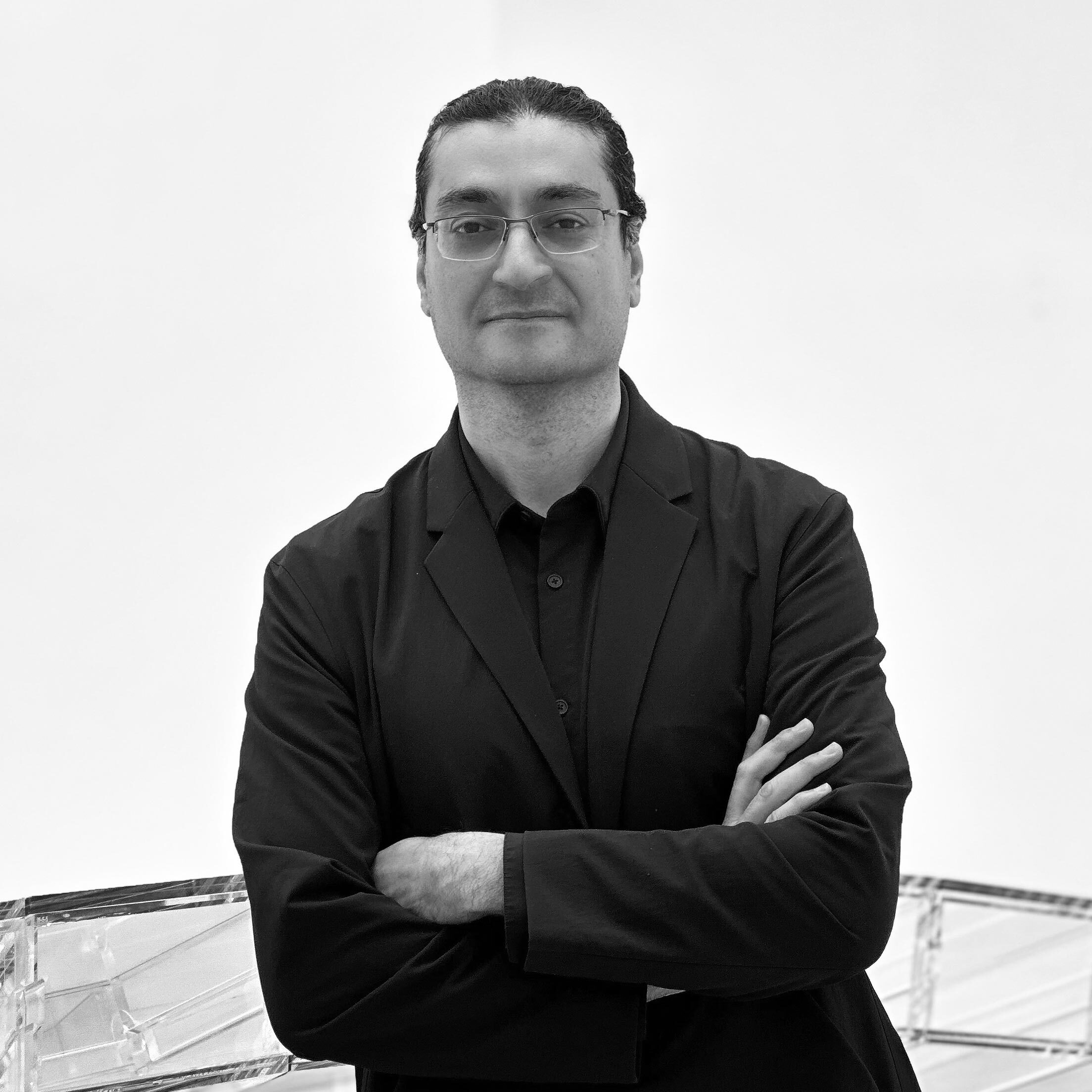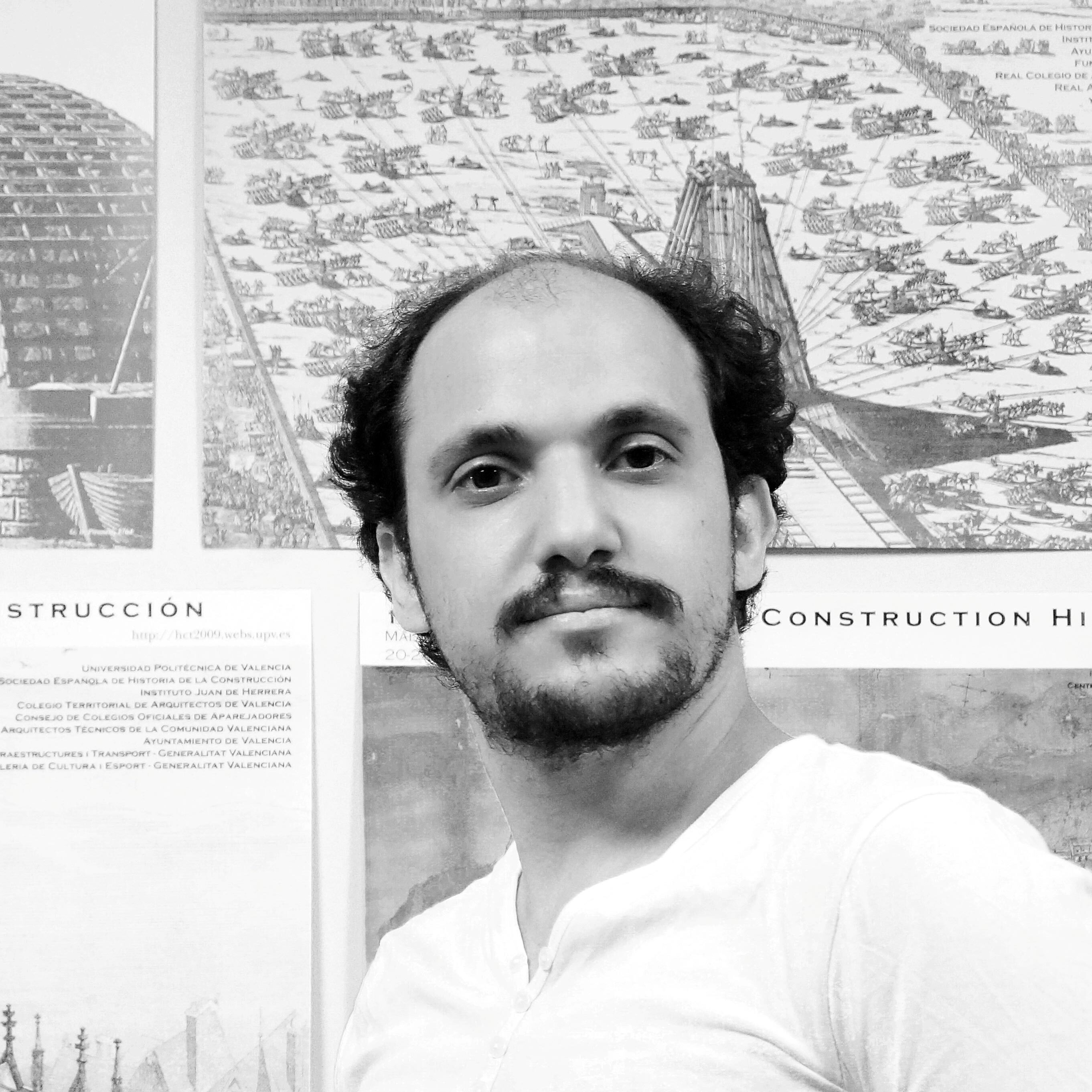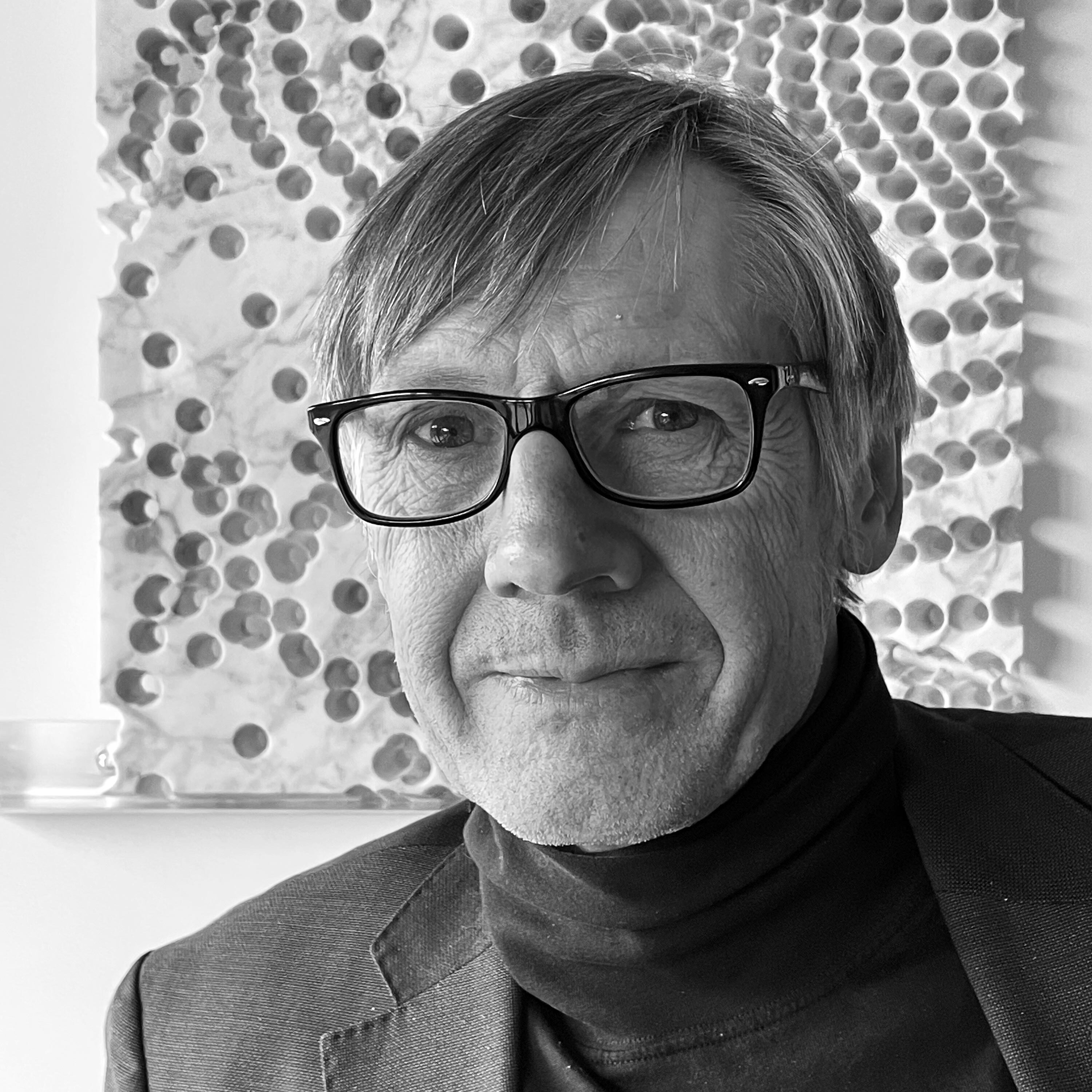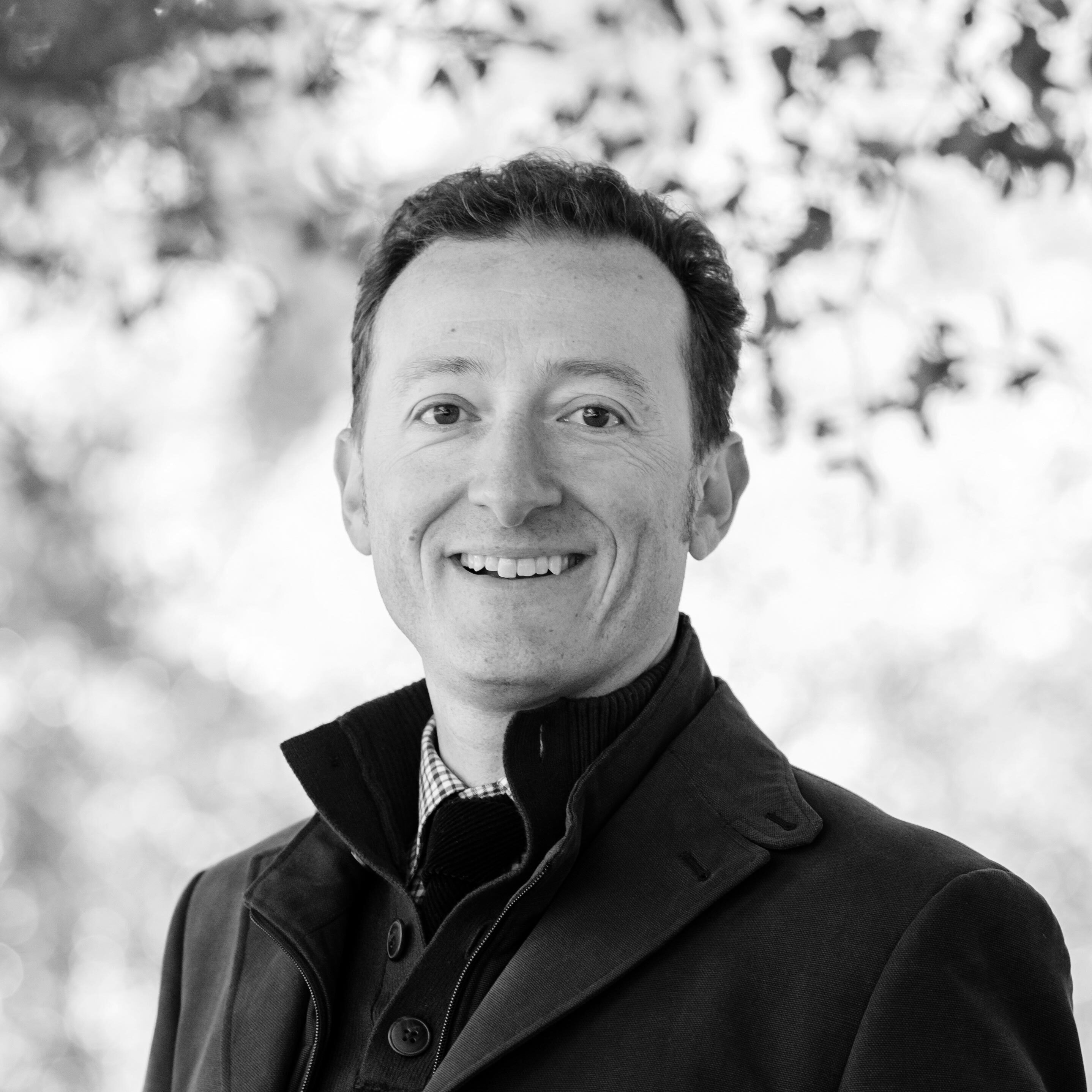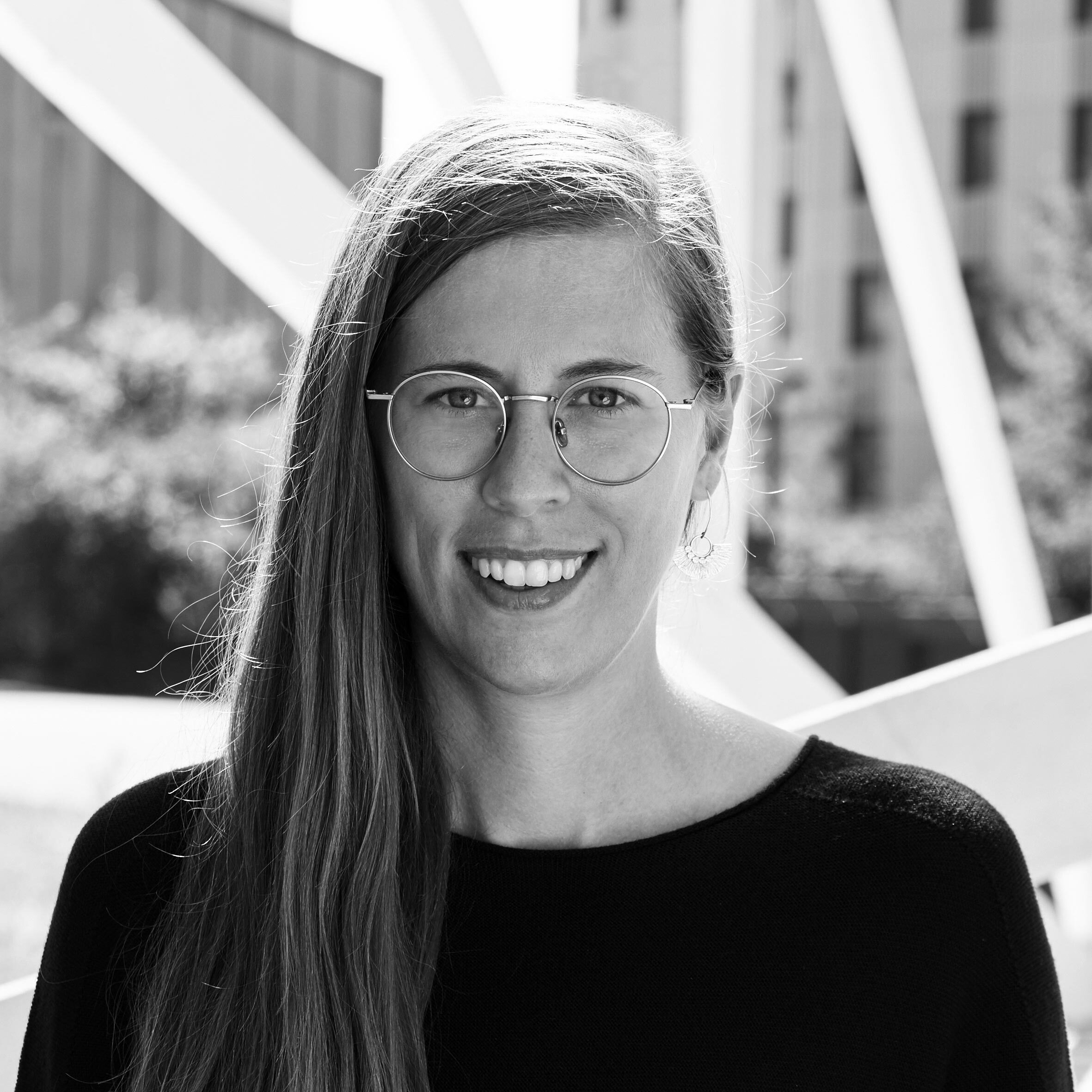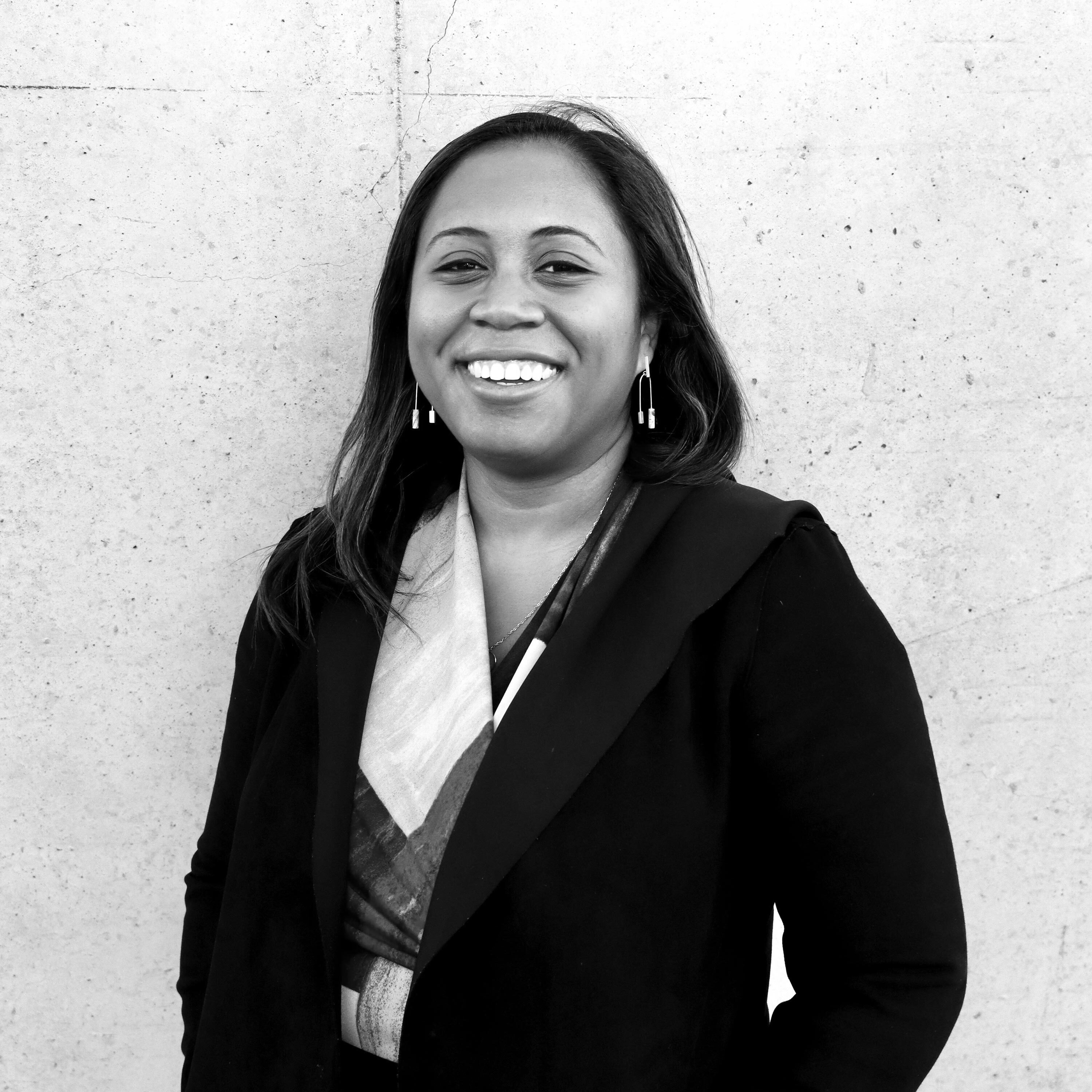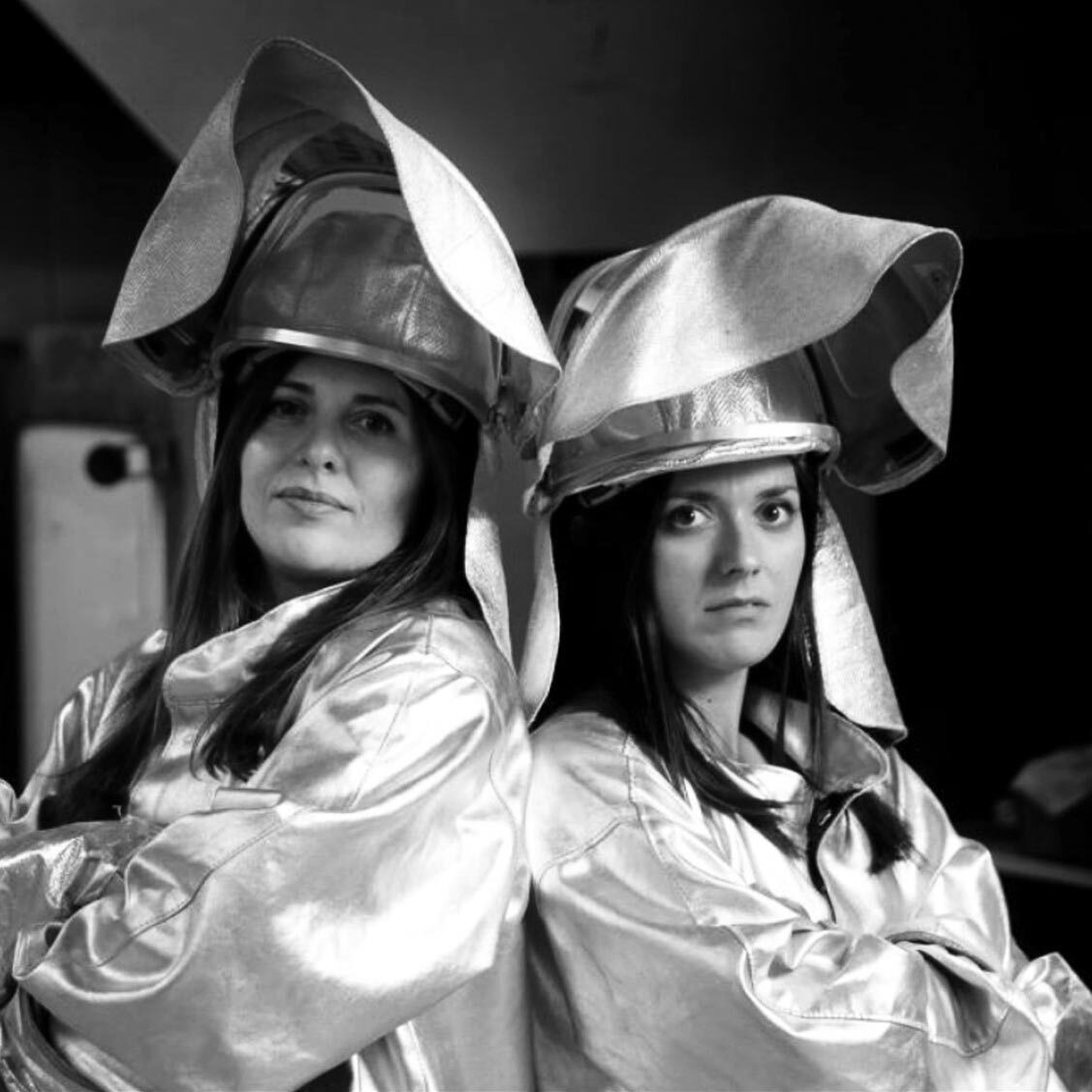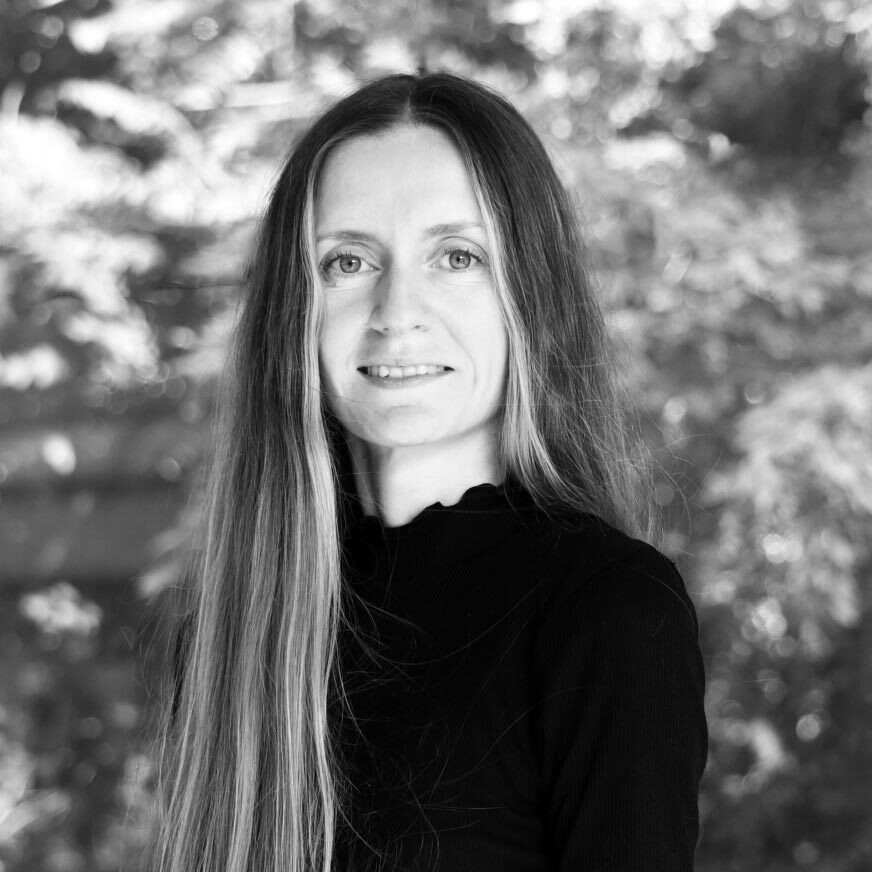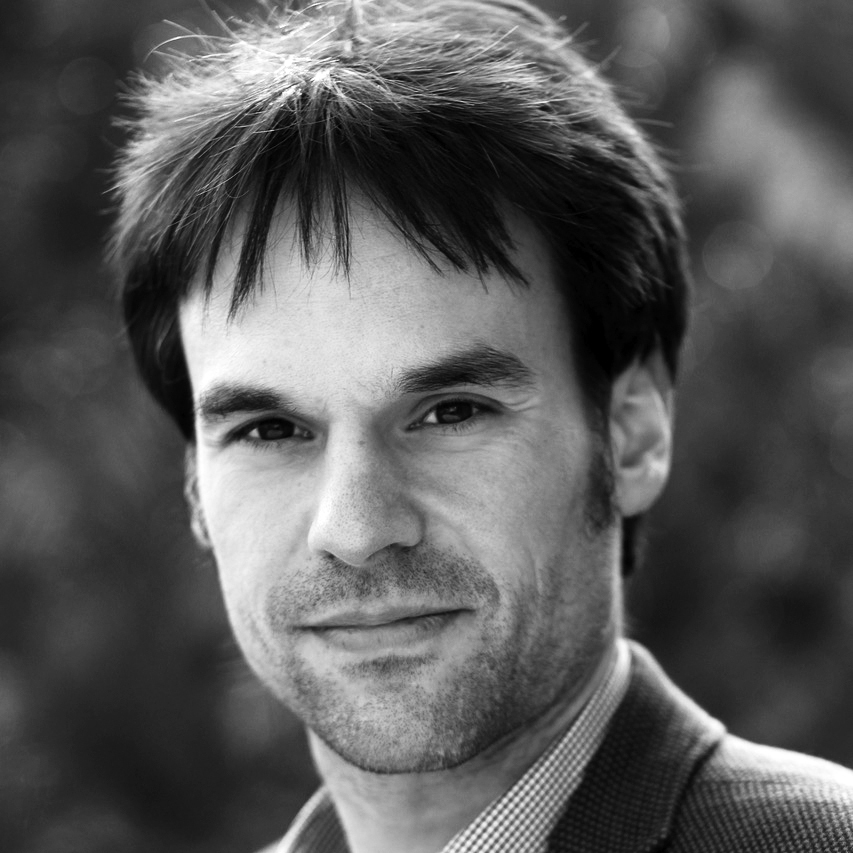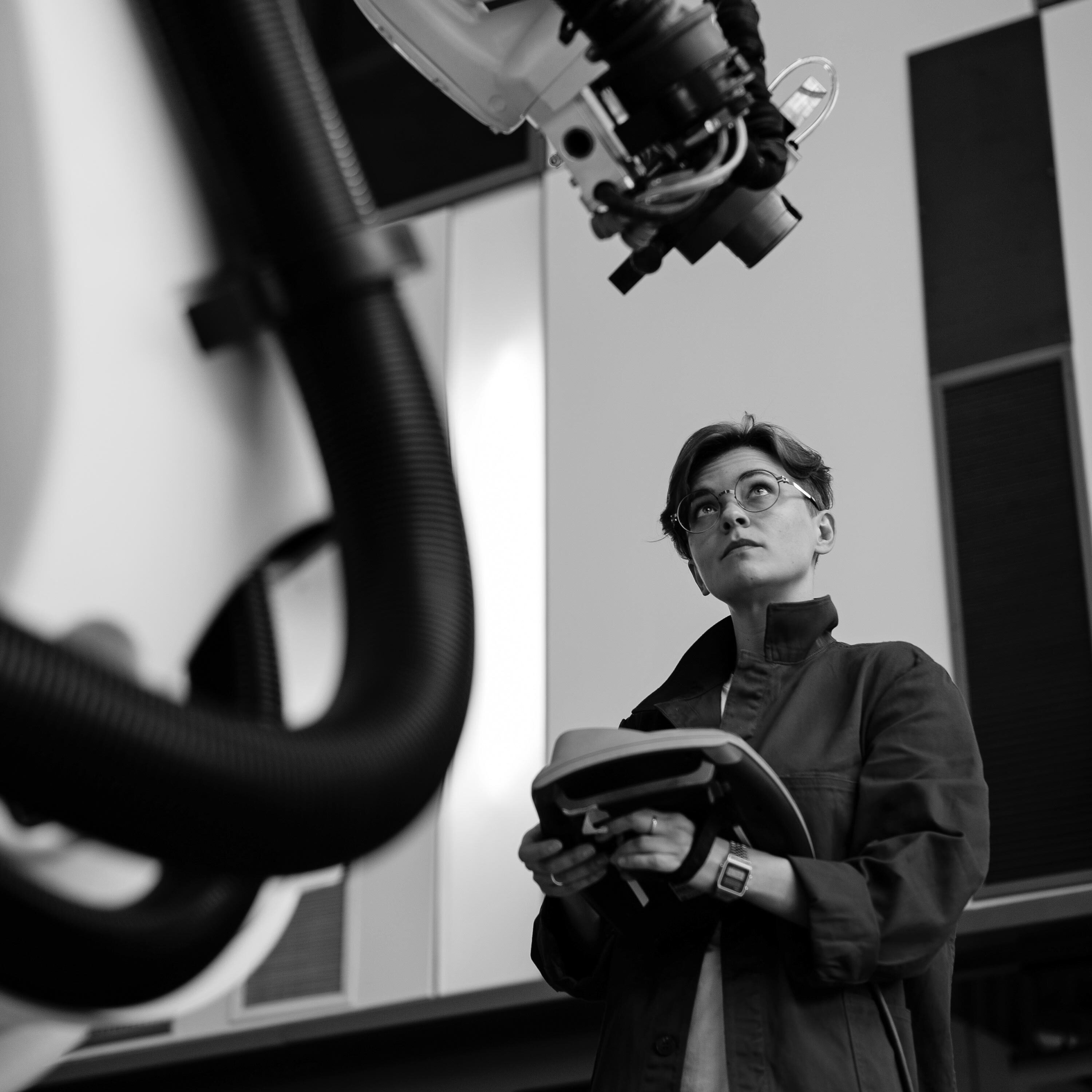Mae-ling Lokko is an Assistant Professor at Yale University’s School of Architecture, Assistant Director at Yale's Center for Ecosystems in Architecture (Yale CEA) and the founder of Willow Technologies Ltd, in Accra, Ghana. Her research focuses on the whole life cycle development, distributed infrastructure design, and policy around non-toxic, low-carbon materials. Lokko previously taught at Cooper Union and Rensselaer Polytechnic Institute, where she served as the Director of the Building Sciences Program as well as Assistant Professor at the School of Architecture and Center for Architecture, Science and Ecology (CASE). Her work has been exhibited globally, including at the 19th Architecture Venice Biennale; Haus der Kulturen der Welt (HKW), Berlin; Museum of Modern Art, New York; the Nobel Prize Museum, Stockholm; and at the Museum of the Future, Dubai. Her research has been funded by the United Nations Environment Program (UNEP), the SOM Foundation, ReArc Institute, the British Council, MIT’s GAHTC, Luma Foundation and NYSERDA’s NEXUS Clean Energy Accelerator Program. Lokko holds a Ph.D. and Master of Science from the Center for Architecture, Science and Ecology (SOM + Rensselaer) and a B.A. from Tufts University. She currently serves on the Board for the International Living Future Institute and the Architectural League of New York.

